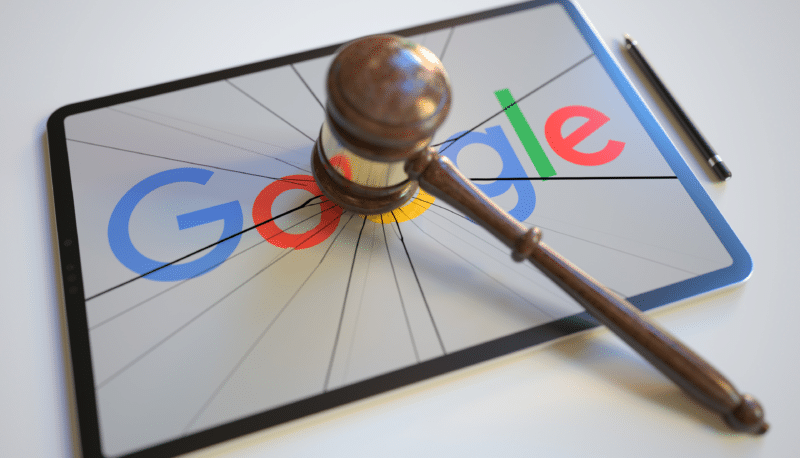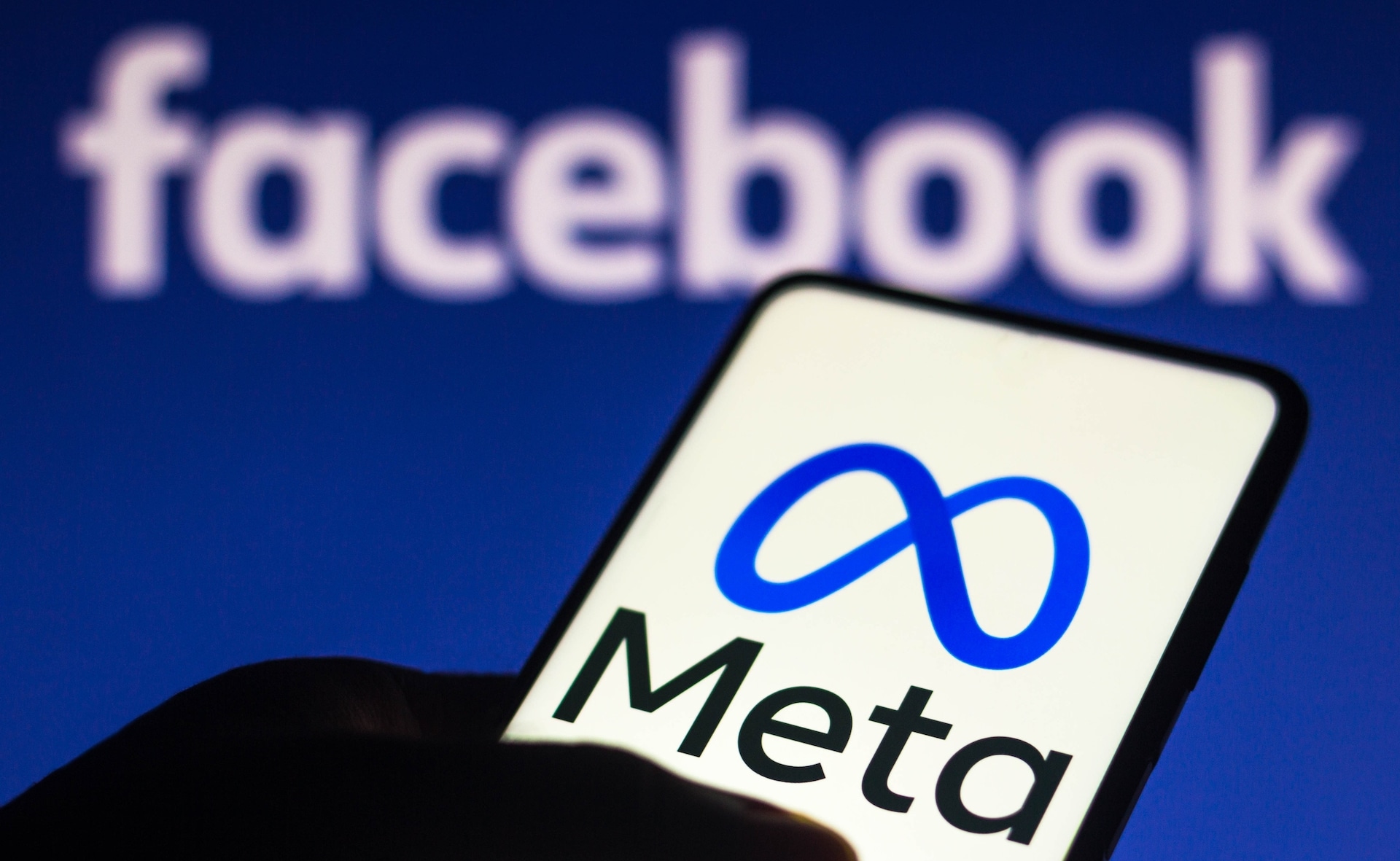Major educational publishers — Cengage, Macmillan Learning, McGraw Hill and Elsevier — have filed a lawsuit against Google, accusing it of promoting pirated copies of their textbooks.
Why it matters. This case could reshape how tech giants handle copyright infringement and impact the $8.3 billion U.S. textbook market.
Why we care. Advertisers will care about this lawsuit because it strikes at the heart of ad integrity and fair competition. If the allegations are true — that Google promotes pirated textbooks while restricting ads for legitimate ones – it suggests the tech giant may not be providing a level playing field or ensuring brand safety.
Details.
- Filed in the U.S. District Court, Southern District of New York
- Google accused of ignoring thousands of infringement notices
- Pirated e-books allegedly featured at the top of search results
- Publishers claim Google restricts ads for licensed e-books
By the numbers. Pirated textbooks are often sold at artificially low prices, undercutting legitimate sellers.
What they’re saying. “Google has become a thieves’ den for textbook pirates,” Matt Oppenheim, the publishers’ attorney, told Reuters.
- Google hasn’t commented on the lawsuit.
What’s next. The case (No. 1:24-cv-04274) seeks unspecified monetary damages.
New on Search Engine Land








